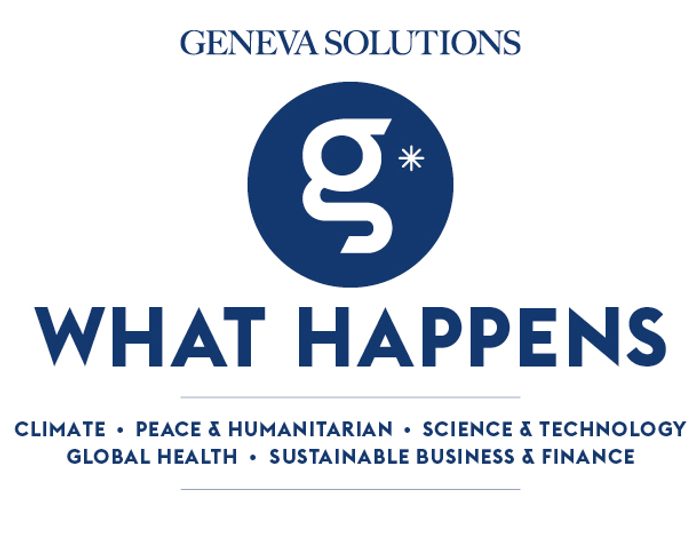Good morning, this is Kasmira. As Karim Khan seeks arrest warrants against leaders of both Israel and Hamas, international lawyers weigh in on the decision that has divided world leaders.
And Russia’s new ground offensive into the Kharkiv region has UN agencies warning of a looming humanitarian crisis. Meanwhile at the World Economic Forum, major management changes are afoot. |

ICC Prosecutor Karim Khan, pictured at the International Criminal Court, 16 June 2021. (ICC)
|
|
|
💥HUMANITARIAN RIPPLE EFFECTS IN KHARKIV.
As Ukraine struggles to hold off Russia’s new ground offensive into the Kharkiv region, United Nations agencies fear the escalation in hostilities along the new war front is triggering a humanitarian crisis.
|
|
In numbers.
Some 14,000 people have already fled villages around the region since mid-April towards the central and western part of Ukraine, the World Health Organization’s representative in Ukraine, Jarno Habicht, told Geneva reporters from Kyiv. Russian aerial attacks had killed civilians, and damaged homes and civilian infrastructure, leading to outages, he added.
The UN Refugee Agency, which has been working with local authorities to receive those displaced, also raised concerns about Kharkiv’s ability to cope with another layer of hardship. The city, Ukraine’s second-largest, is already hosting 200,000 displaced people.
|
|
Zoom out.
Since Russia launched its full-blown invasion, one-third of Ukrainians have been forced to flee their homes, including 3.7 million people who are displaced within the country and another 6.4 million refugees abroad, according to UNHCR figures.
|
|
Waning support.
Despite the need for assistance persisting and scores of people falling under the poverty line since the beginning of the war, humanitarian funding has started to dry up as attention from donors drifts to other crises and their own domestic problems. The UN’s humanitarian response plan for 2024 is funded only at 24 per cent so far – a significant gap from last year’s show of support which made Ukraine the best-funded humanitarian crisis of the year at 69 per cent.
|
|
Here's what else is happening
|
|
GS news is a new media project covering the world of international cooperation and development. Don’t hesitate to forward our newsletter!
Have a good day!
|

|
|
Avenue du Bouchet 2
1209 Genève
Suisse
|
|
|
|








